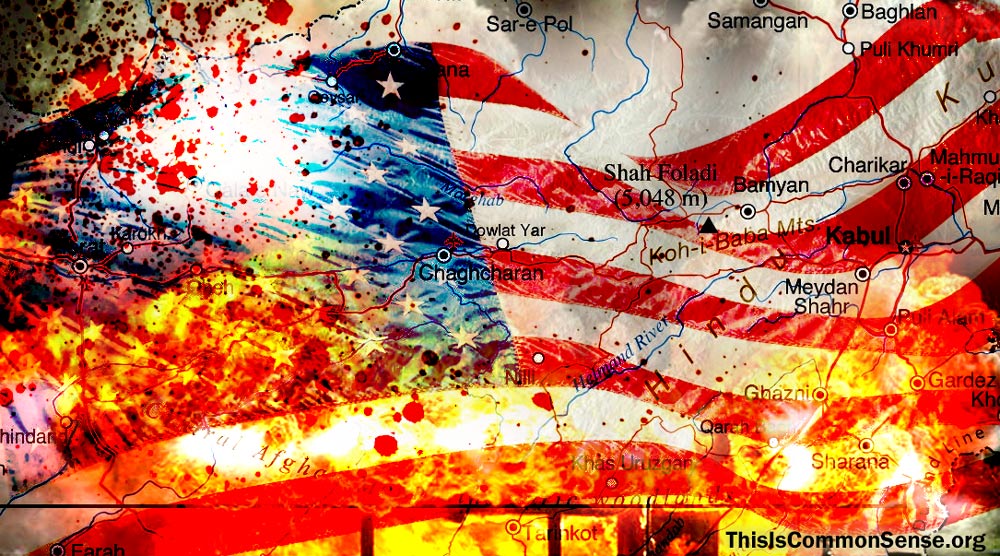A recent video about vaccination passports brought to mind an old parlor game: “If you could go back in time, would you kill Baby Hitler?”
Most civilized people realize the moral problems of this thought experiment. Sure, Baby Hitler grew up to be Nazi Führer Hitler, a mass-murderer worthy of assassination. But young Adolf wasn’t a monster. Yet.
Moreover, every step on the way to becoming a monster was accompanied by situations in which civilized people could have stopped the coming horrors without murdering a child:
- World War I was a choice (or set of choices).
- The Versailles Treaty was a choice.
- The Weimar Republic hyperinflation was the result of bad decisions.
More interesting than Killing Baby Hitler would be a parlor game about who could have stopped each horrific event that went into the rise of Hitler’s Third Reich. What decisions could they have made that would have changed history?
The point of these counterfactual exercises? To learn how to make better policy.
Such as in a pandemic, when governments are expanding their power over citizens with lockdowns and business shutdowns and mask and vaccine mandates. While in America many such mandates are being struck down as unconstitutional, beyond the authority of officials, in Germany and Austria vaccine passports are going into tyrannical effect.
We need to take seriously the warning in the video mentioned at top, This Pivotal Moment. Stop vaccine mandates. Reverse the mandates in effect. Abolish internal passports. Resist this tyrannical notion of a two-tier society.
In Europe, masses of people have taken to the streets in defiance.
Open defiance is also necessary here … in “the land of the free.”
That’s how you stop Baby Hitler.
This is Common Sense. I’m Paul Jacob.
—
See all recent commentary
(simplified and organized)





